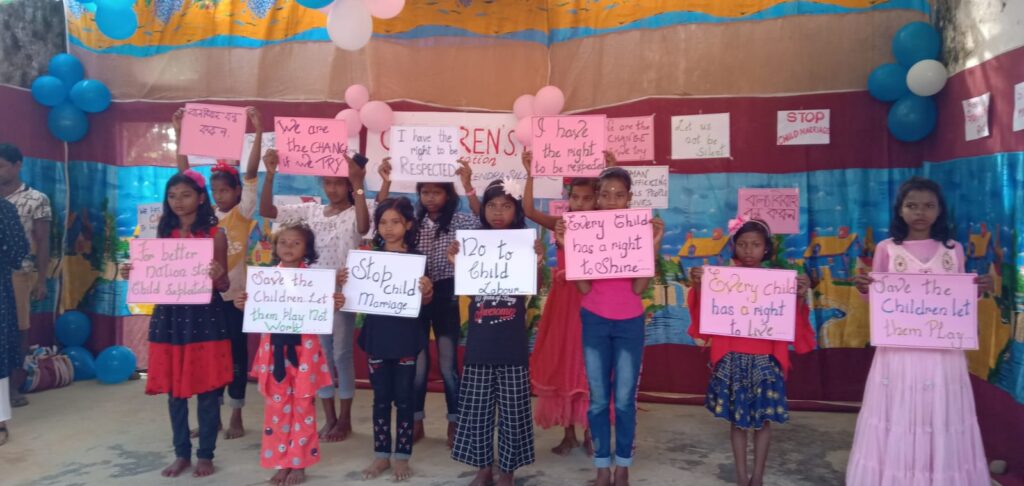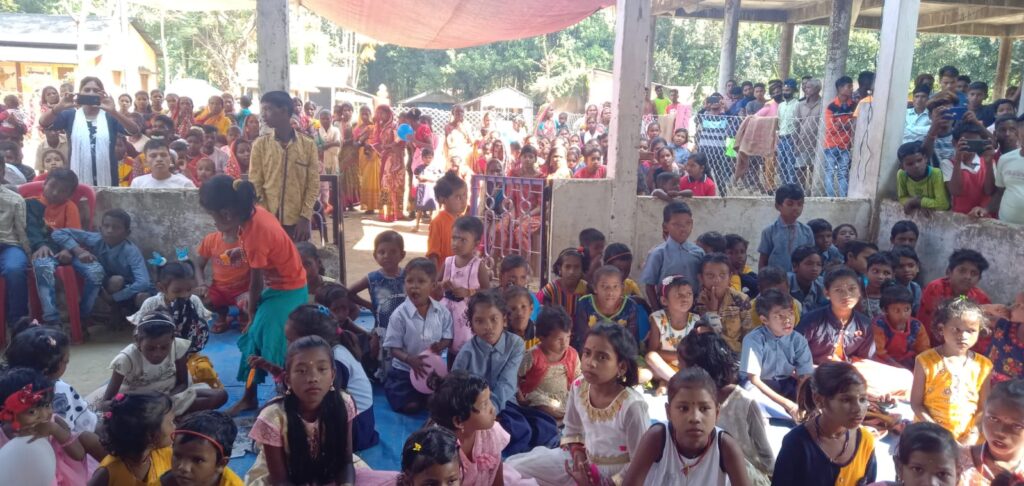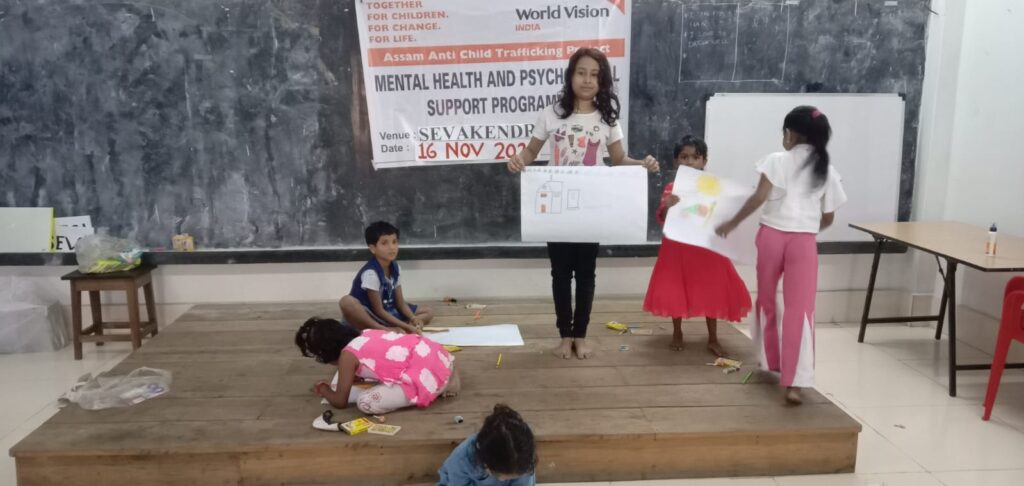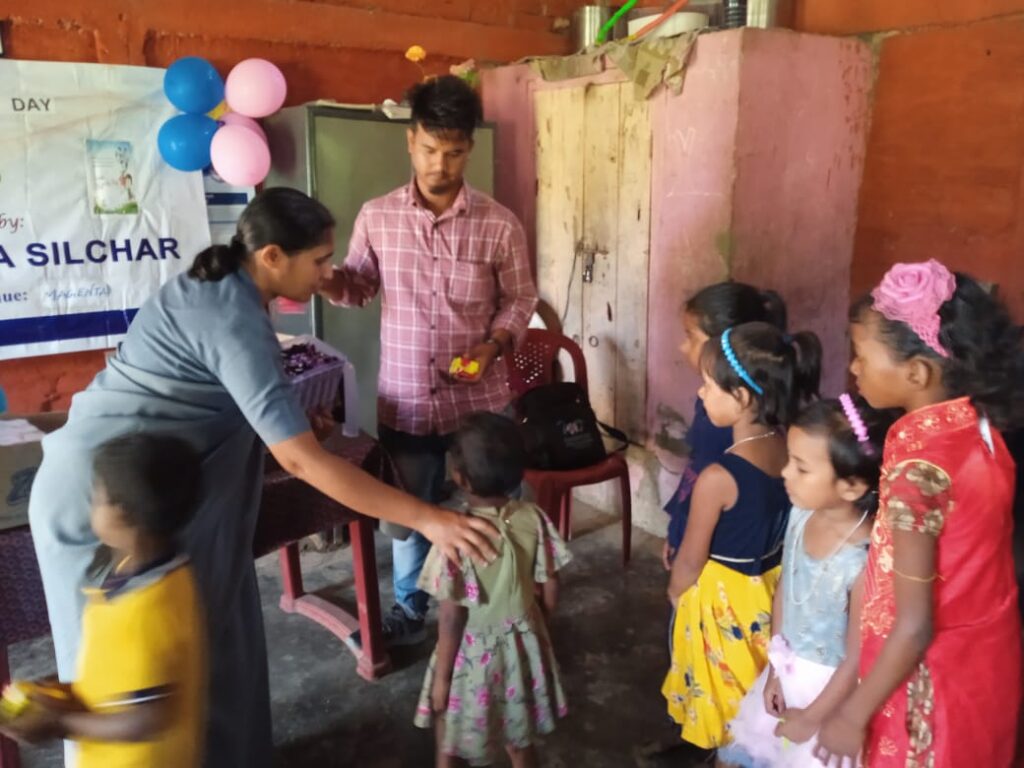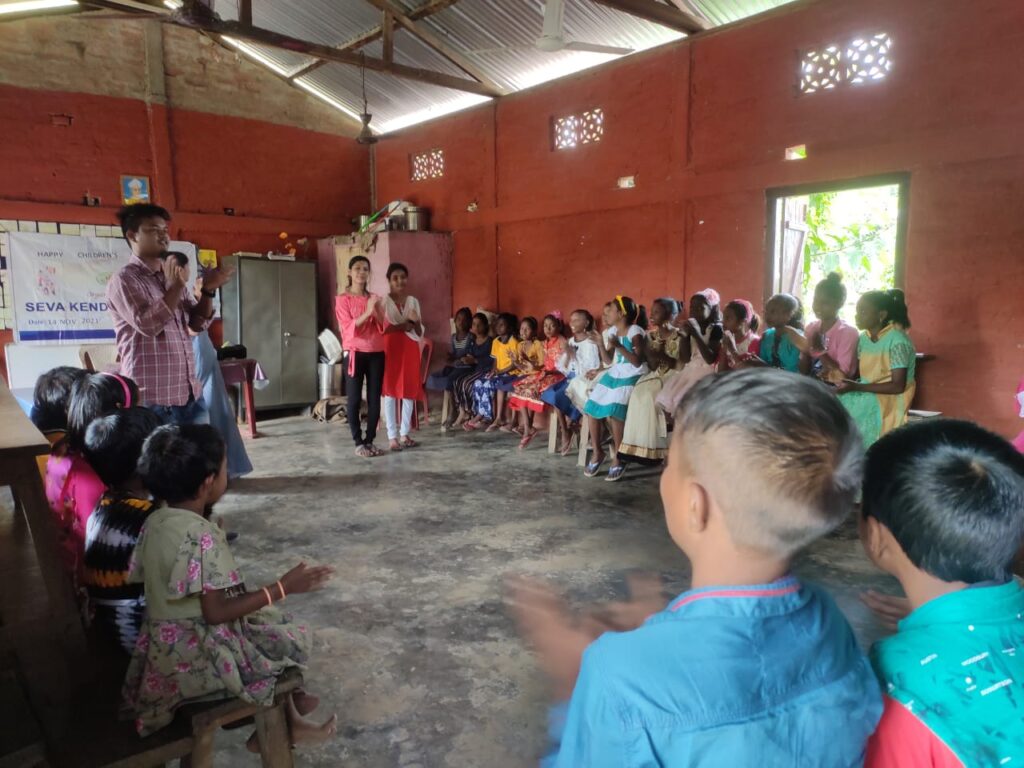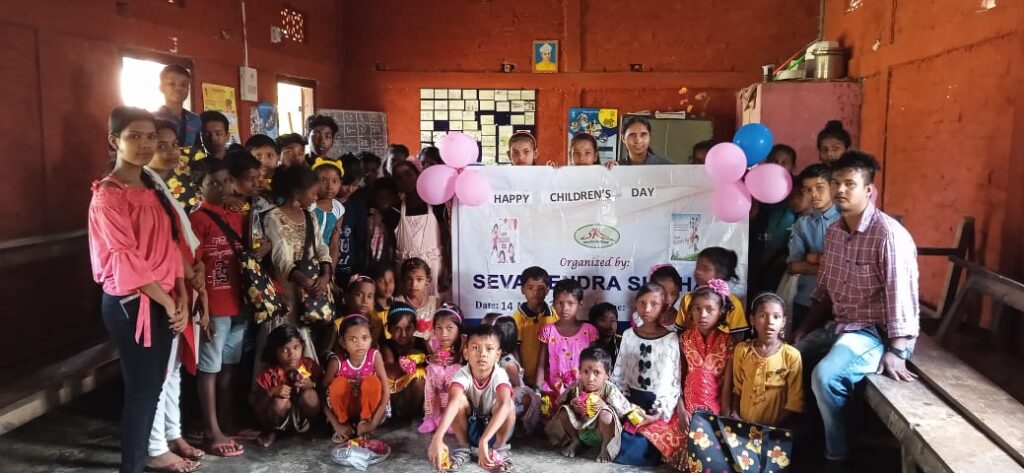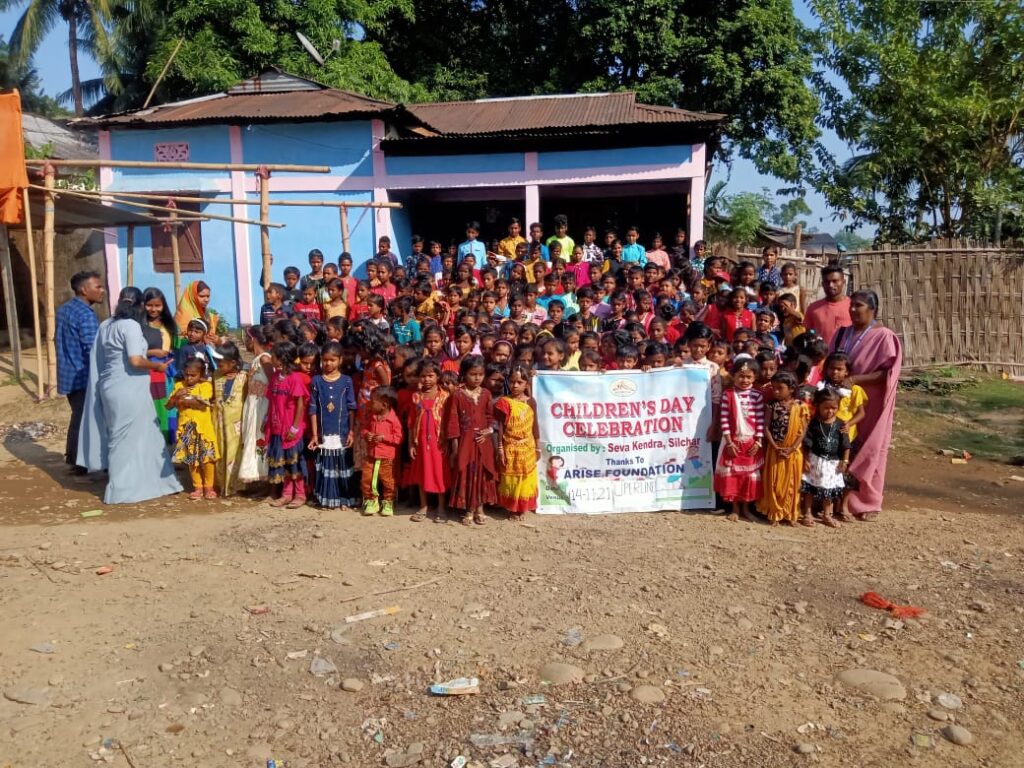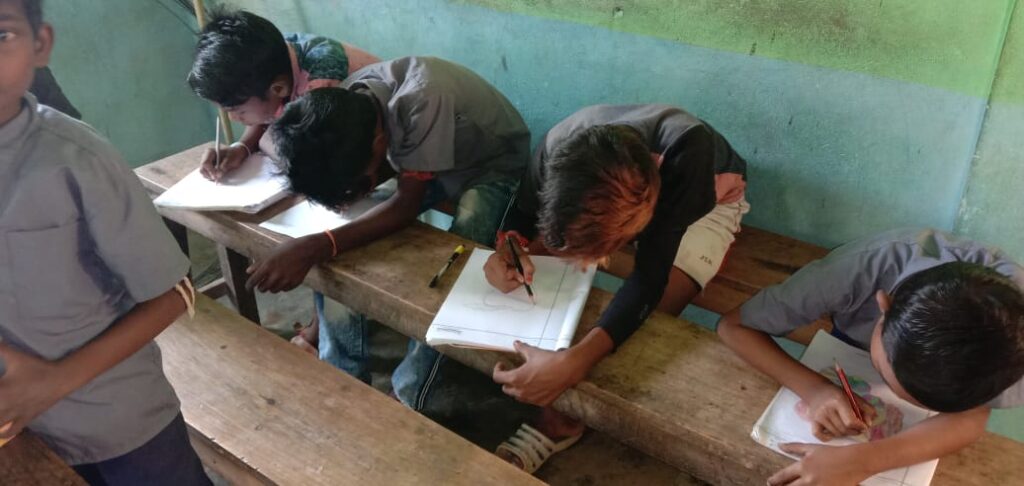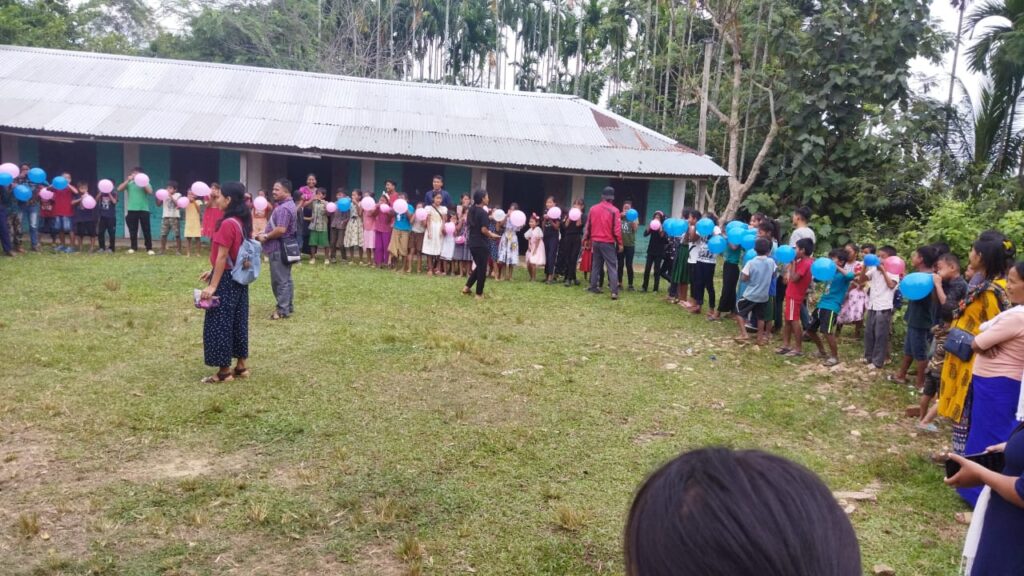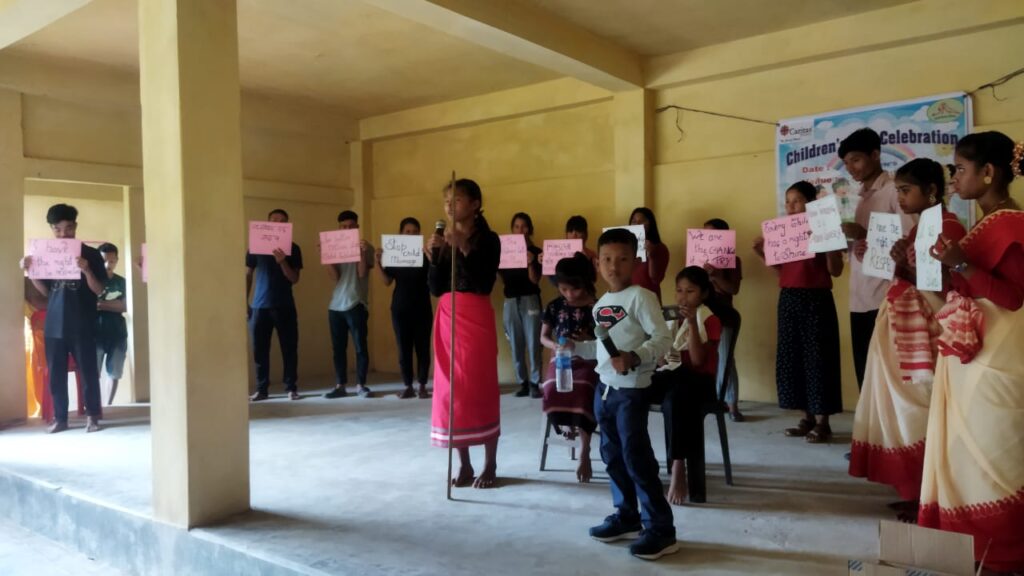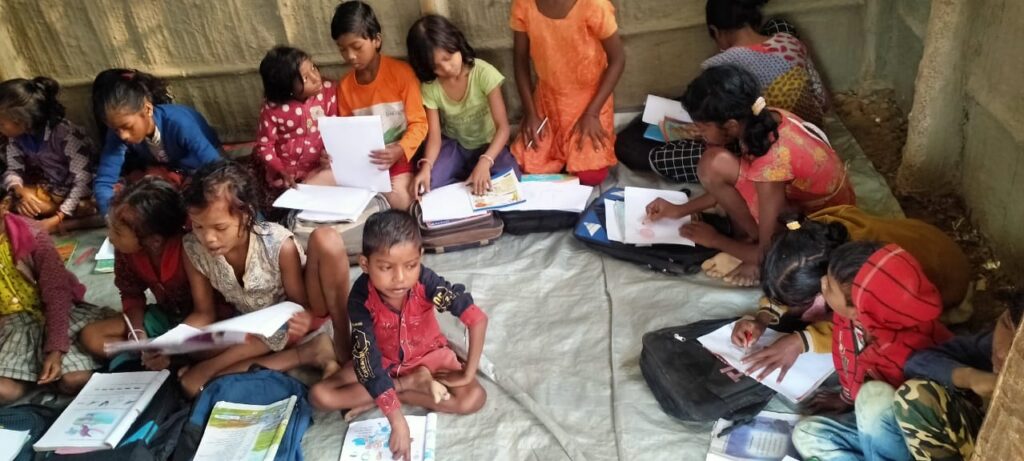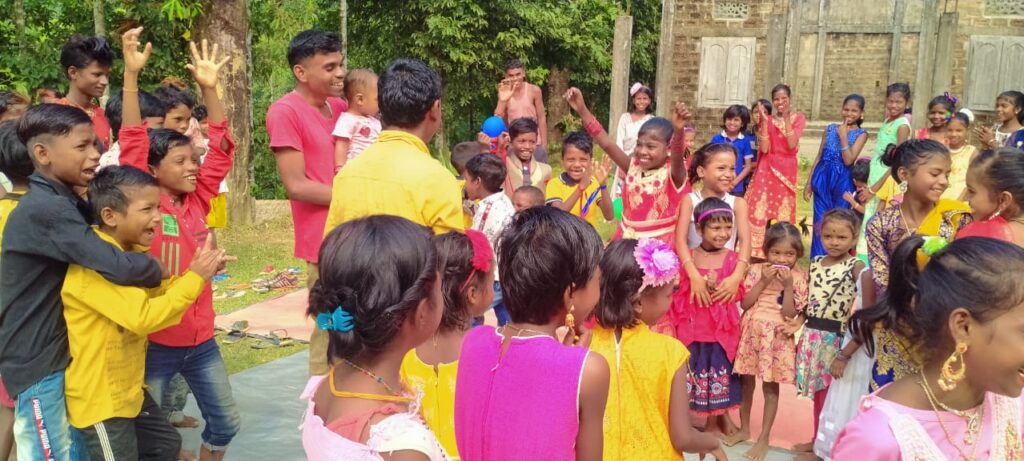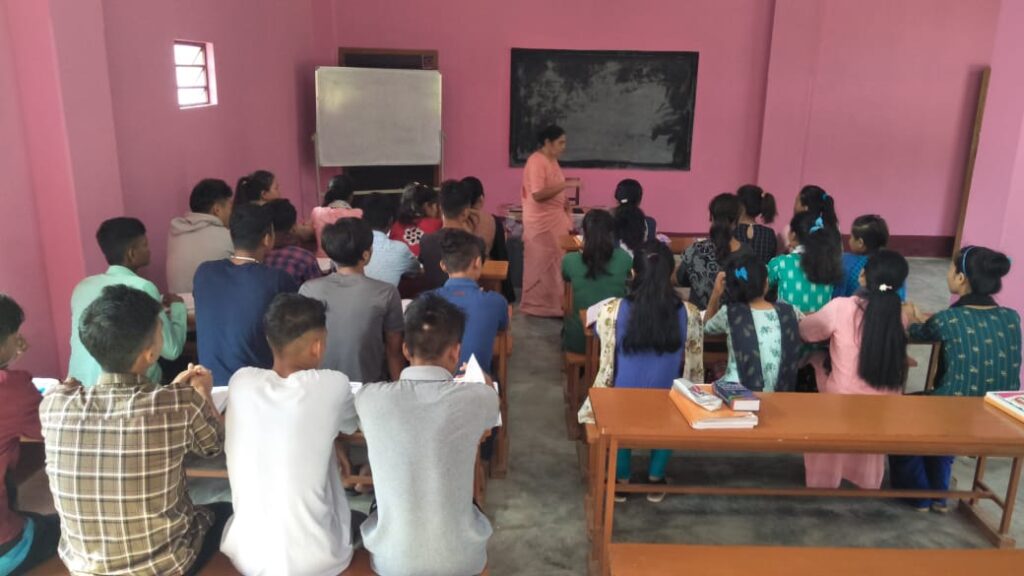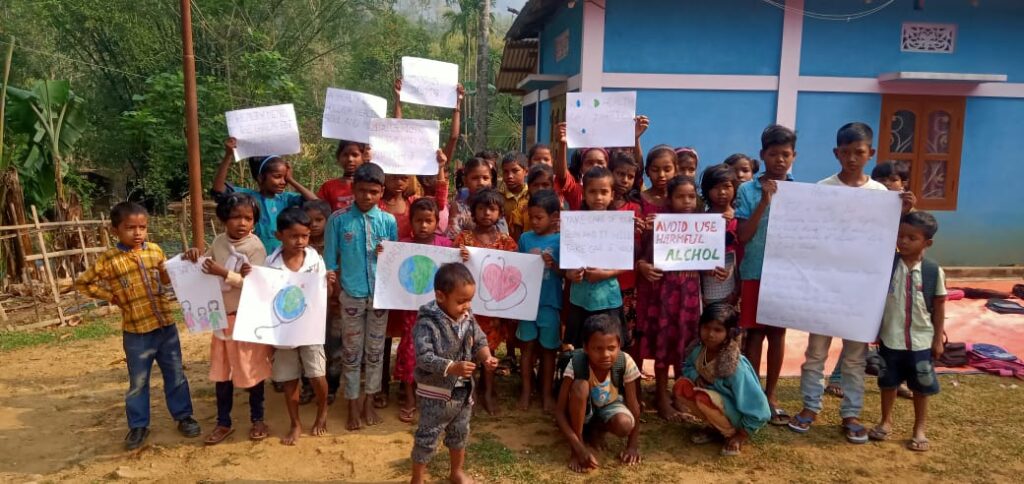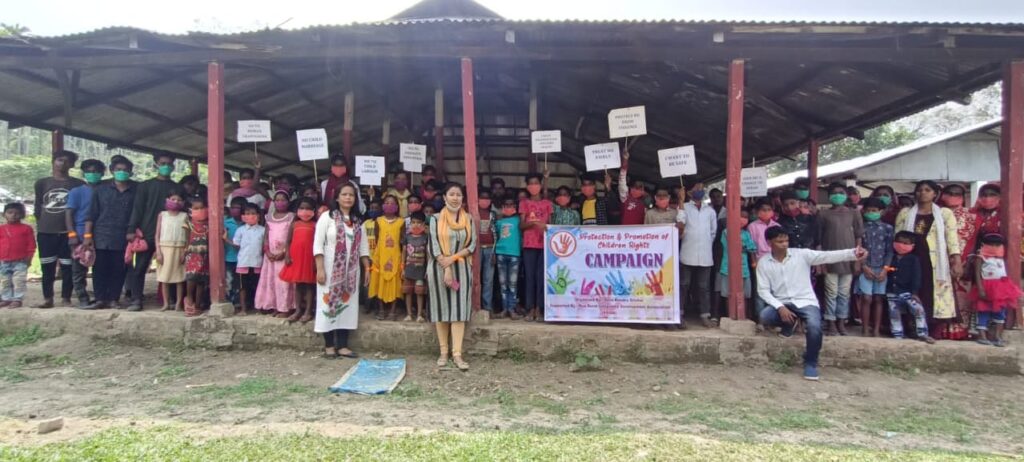India
Education, Human Trafficking
$24,000 Goal
Summary of the Situation
Literacy rate in the Assam Valley has increased, yet 75% of the population is still illiterate. With the enactment of the Right of Children to Free and Compulsory Education (RTE) Act, 2009, it was expected that issues of dropout, out-of-school children, quality of education, and availability of trained teachers would be addressed in the short to medium-term. However, educational opportunities for children in the rural villages of the Barack Valley in Assam, India, are limited and do not conform to the standards established by the Indian government. At least 80% of the families in the “tea garden” area of Barack Valley don’t send their children to school. Instead, they are forced to earn money for their daily survival.
School dropout is a major challenge in the fifteen villages in which Sisters propose to expand their successful program, which began in 2017. Villagers face many problems in supporting their children’s education, including poor transportation, teachers unfamiliar with local dialects, and families needing their children to work. Dropout youth are exposed to kidnapping, abduction, alcoholism, and drug addictions and are vulnerable to human trafficking. Child labor is rampant. Issues such as early marriage and child marriages are increasing in these villages. The girl child is the most vulnerable. Moreover, the literacy rate among women workers is very low in comparison to their male counterparts.
How will the funds be used?
The sisters are requesting support to take this program to five more villages and provide some support to the other ten, who have made substantial progress. The funds will allow the sisters to continue their efforts at
• Vigilance committee in the villages to prevent human trafficking
• Bridge schools for drop-outs and remedial tutoring for students aged 5-13
• Vocational programs such as computer skills and tailoring
• Self-help groups for women entrepreneurs
The Sisters’s Response
The Sisters have developed successful Bridge schools in 15 rural villages in Barack Valley. These educational centers have successfully engaged non-school attending and dropout students and prepared them to be re-enrolled in regular school. Since 2017, 263 children have been re-enrolled in school. In Bridge schools, they concentrate on curriculum and extracurricular activities like yoga, gardening, and joyful ways of teaching. Building on their successes, the Sisters plan to expand the quantity and quality of programming in 15 additional villages where they will provide Bridge Schools. These alternative teaching environments support • Supplementary education and support for those who have dropped out or are not consistently attending school. Students are assisted in succeeding in school (3 hours a day, with engaging and enriching programs on Saturdays) • Career guidance for school children • Teacher training in creative and engaging methods of education for all teachers in the village. Sisters also work to empower villagers to: • Advocate for their rights to receive government services and programs for their children and themselves, including the quality of educational and vocational services to which they are entitled • Promote good governance through village-level organizations that improve their quality of life, including mobilizing village leaders/Headman and church leaders • Promote gender equity and empowering women • Pursue linkages to banks and other secular agencies to enhance efforts to help the poor and marginalized people of Barak Valley.
Systemic Impact
Through empowerment and educational support, the people in 5 new villages and 10 current villages build sustainable communities through vibrant people-led organizations and ongoing programming.

